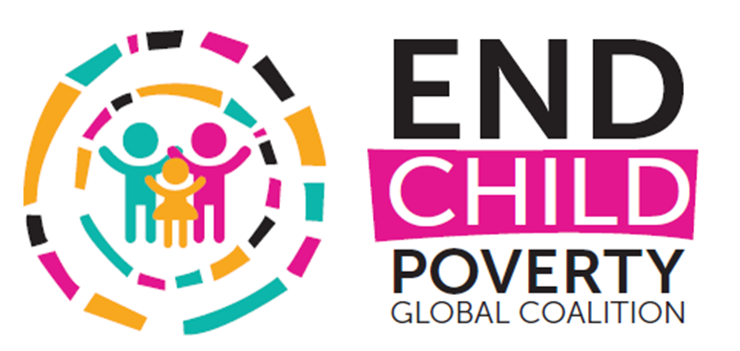Report
Access to Primary School Education for Children Living in Extreme Poverty
Primary school education is one of the building blocks of life; a child’s right to primary school education is non-negotiable, regardless of the child’s wider family economic, cultural or social background. Between January 2015 to March 2016, a participatory research was carried out in the Kinondoni district of Tanzania by a research team of diverse stakeholders - individuals with a direct experience of extreme poverty, teachers, students, local leaders and ATD Fourth World volunteers - to understand the ideal living conditions for children living in extreme poverty to start and finish their primary school cycle.
The intent of the research and publication of this report was to:
- better understand how the health, income, and wider community relationships have an impact on a child’s primary school education: the primary school education of children from extremely poor families is indeed rooted in a much larger context of their immediate and extended families, and wider community. A more holistic approach encompassing housing, community, work, income, health, and school is needed to understand how children can better succeed at school.
- gather the findings to make conclusions and recommendations for teachers and other educational stakeholders, parents, and local and national governments encouraging them to work together and take interconnected commitments to ensure children successfully start and finish their primary school education.


